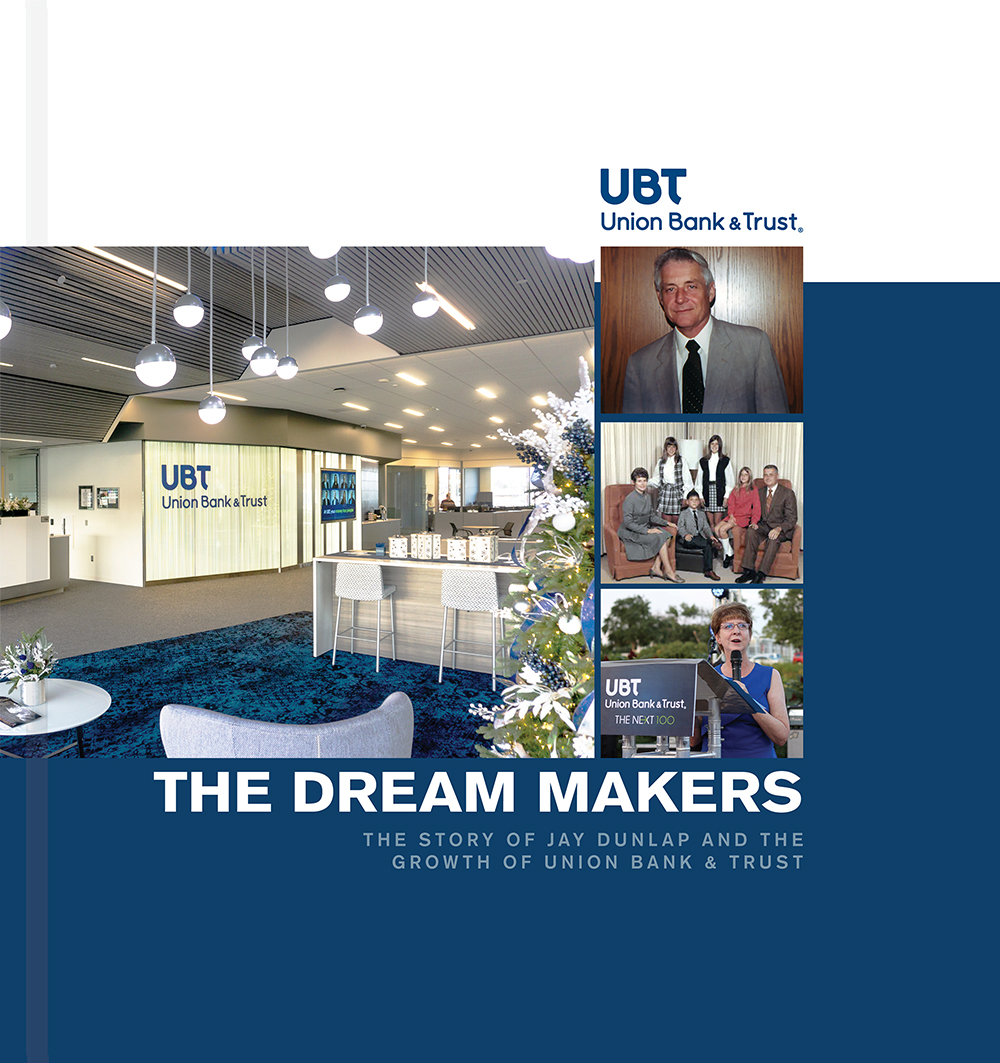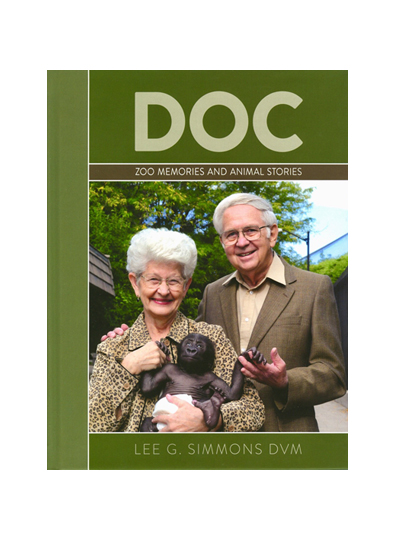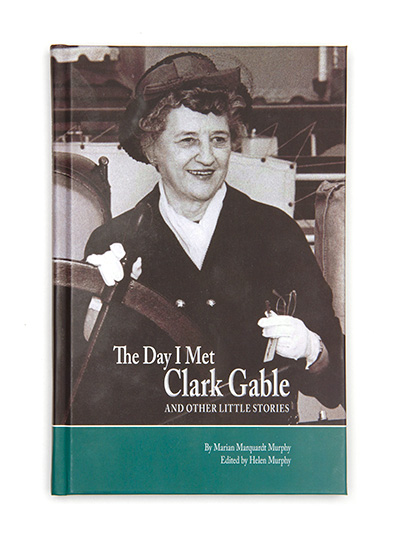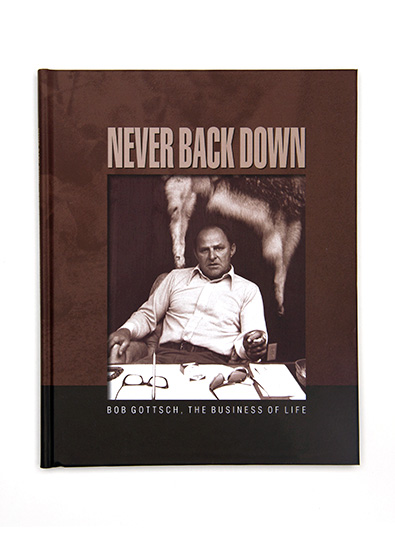It was 1964 when Jay Dunlap and his family bought a controlling interest in Union Bank & Trust. In those days, the bank had just under $10 million in assets and employed 15 to 20 people. Flash forward to the 2020s, and UBT now shows bank assets of $7 billion and trust assets of more than $40 billion at market value. The bank has expanded its geographical footprint and added diverse new product lines, such as fleet financing for trucking and church lending.
Through sound fiscal management, calculated risk, and entrepreneurial spirit, UBT has seized on opportunities when the timing was right. That’s the Dunlap way, and it’s become the UBT way. Always be mindful of the customer, the stockholder, and the employee. Faith. Family. Friends. Work. In that order.
And, of course, don’t bet the bank.
A peek inside
Words from the client
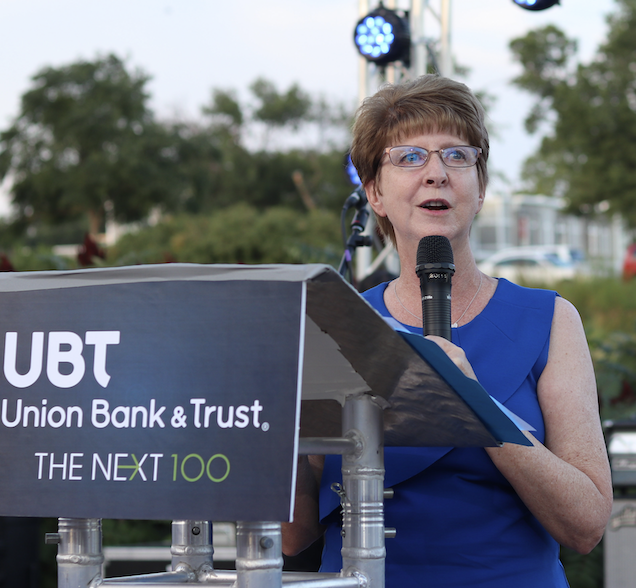
“I must tell you, we love the book! It turned out great. What I like the most is the “tone” of the book. It sounds like us, and that was very important to me. In all honesty, people love it! The best part is my parents love it!”
– Angie Muhleisen, Union Bank & Trust


 “I’m sold to the bottom of my shoes that credit can do something that nothing else can do. It helps you fulfill the dream of the person who wants to borrow.”
“I’m sold to the bottom of my shoes that credit can do something that nothing else can do. It helps you fulfill the dream of the person who wants to borrow.” 


